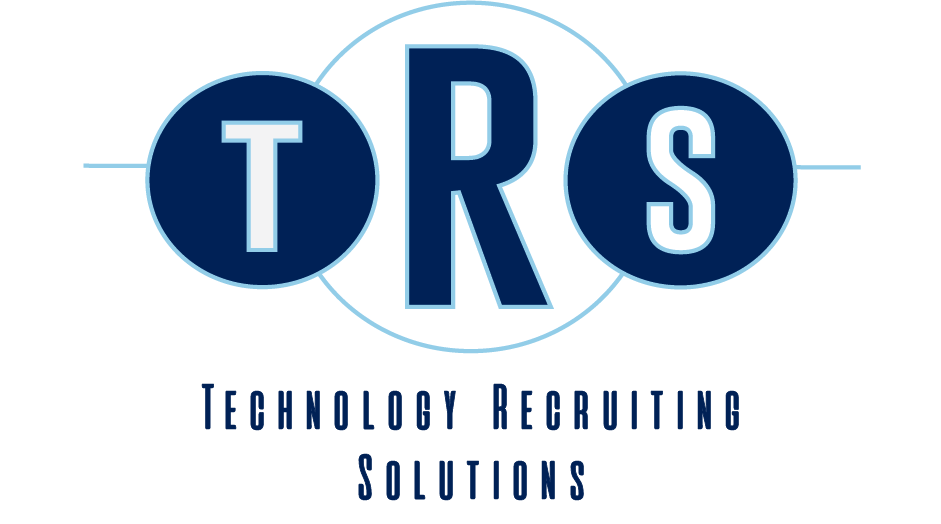Did you know that most hiring decisions are made within the first fifteen minutes of an interview? Employers hire people, not qualifications listed on a resume. The resume gets you the interview but the intangibles get you the job offer.
Interviewing is a lot like dating. When two people agree to go to dinner or watch a movie with each other, it’s generally because they had something in common, found each other interesting and wanted to spend time together.
Just like chemistry is key in dating, chemistry in an interview is essential in getting the job offer. Interviewers don’t just want to hire anyone- they want to hire a candidate who can do the job, fit in well with their company culture and connect with others in the workplace. Therefore, it’s not enough for job seekers to highlight their skills, knowledge and experience. They must be able to create chemistry and connect with the interviewer.
Don’t try to bend the interviewer to your style; instead try to conform to their mannerisms and affect.Tone, inflection, body language, attitude and motive combine to make how you say it just as important as what you say. Use verbal and body language mirroring and matching aspects of your interviewer’s voice, language, mannerisms and body language. Studies have shown that gentle imitation usually acts as a ”social glue” in human relationships, fostering rapport and trust. But an important part of social intelligence is knowing how to deploy this capacity in a selective, intelligent, context-dependent manner and understanding, even implicitly, when mirroring can reflect badly on you.
Factors that Lead to Failure:
Unpolished personal appearance-As a rule in interviewing and in life, it is always better to be overdressed than underdressed. That said, you want to fit in with the culture of the company of which you are interviewing. If you are interviewing at a technology company where the majority of employees are wearing shorts and flip flops, a full suit is going to be too overdressed and can make you and the person interviewing you feel awkward. You want to be professional but adhere to the company’s culture. Research the company dress code prior to interviewing and plan your interview attire to be as professional as possible while still adhering to their dress code.
Being overly assertive or too high pressure-There is a fine line between expressing interest in the position and being perceived as pushy. If you are interviewing for a sales job, you can be a bit more assertive than if you are interviewing for an accounting or technology role, but it is important to recognize when you are crossing the line to appearing pushy and act accordingly.
Overemphasis on compensation-Do not discuss compensation, benefits or salary until you are at the offer stage. If you are working with a recruiter, they normally will manage this process for you. If you offer salary expectations that are too low, you can cost yourself thousands of dollars and if you state a salary too high, you may price yourself out of the role. If you are asked about salary (never bring it up), the best thing to say is that you are open based on opportunity. You never want to give the impression that money is your main motivator.
Expressing Unhappy Attitude-Companies like to hire employees with a positive attitude that will bring a good energy to the workplace. Do not speak negatively about former or current employers. We all know the rule “If you don’t have anything positive to say…”
Other things to Avoid:
- Limp Hand Shake
- Failure to look interviewer in the eye
- Voicing Prejudices or Intolerant Attitudes
- Not asking questions about the role
- Not being on time to the interview
- Complaining about traffic or parking on way to interview
- Discussing religion or politics
Although it may seem like a given, interviewers always like to feel that people appreciate their time. Always thank them in person and send a short note after the interview to each person that interviewed you thanking them for their time and expressing interest in the role. It is best to send these within 24 hours to be effective. While a handwritten note is more personal, you run the risk of it taking several days to get to the interviewer through the postal system and intercompany mail system. If possible, send a note via email and follow up with a formal written note that is mailed.
Amy Dunn
amy@technologyrecruiting.com





